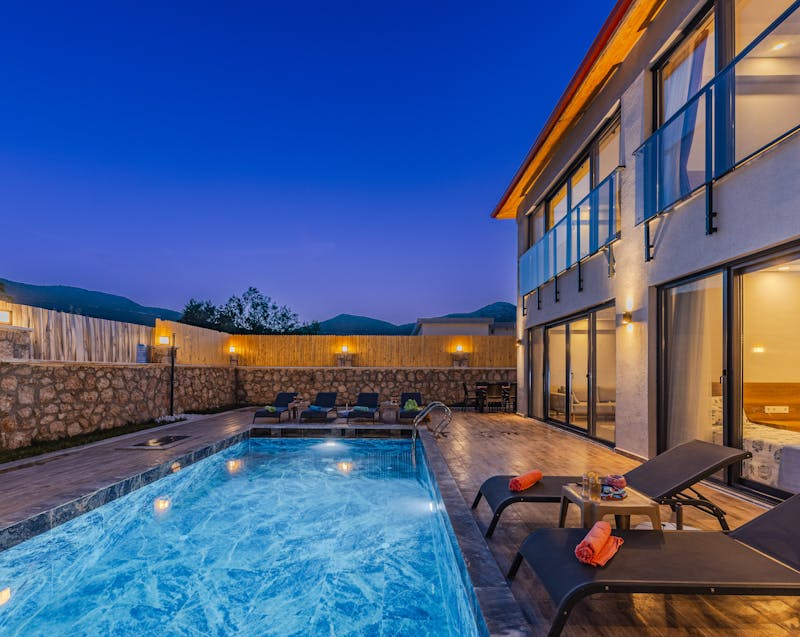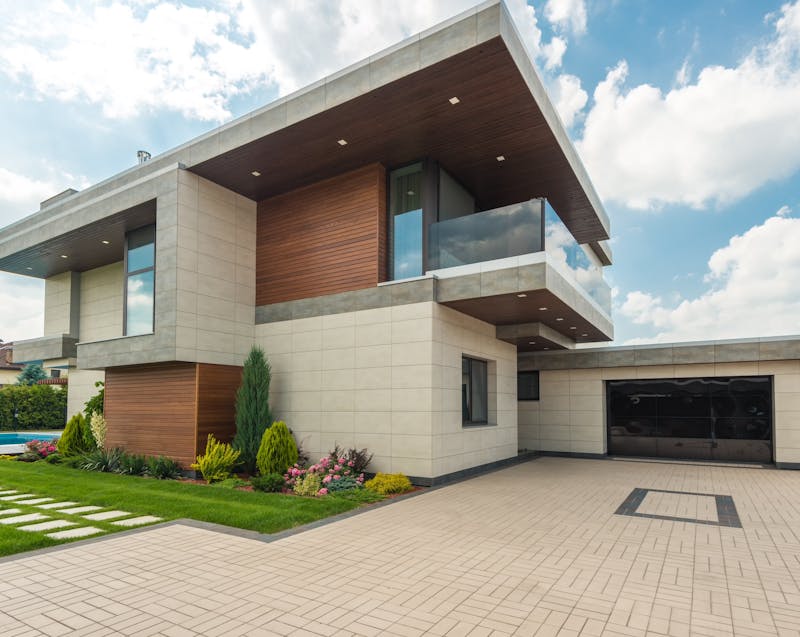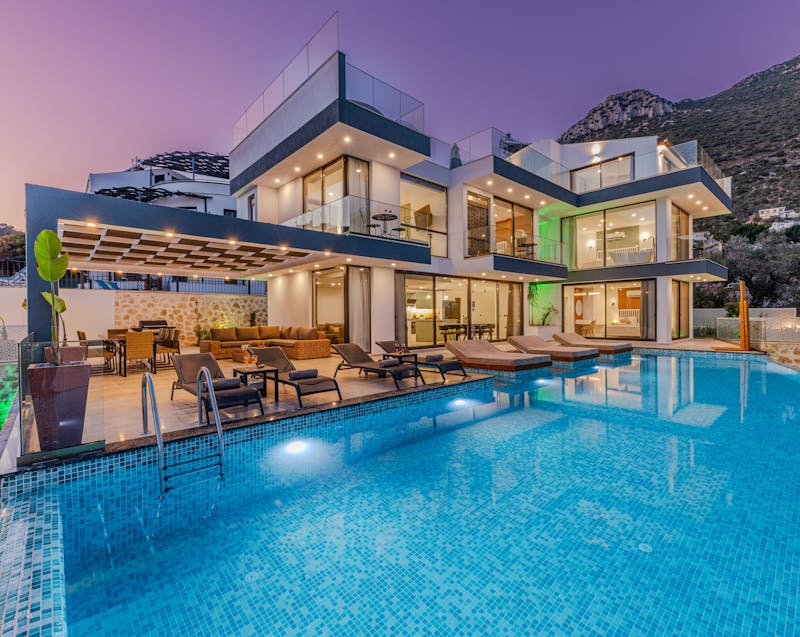- Pools can add 5–8% in home value, but the return depends on location, buyer demand, and pool condition.
- Climate matters: pools are more valuable in warm states like Florida or Arizona than in colder regions.
- Inground, well-maintained pools typically add more resale appeal than above-ground or outdated ones.
- A pool may not recover its full installation cost, but it can help a home sell faster.
- Some buyers see pools as a maintenance burden or safety risk, which can limit value.
- Homeowners can also boost property value through kitchen/bath upgrades, curb appeal improvements, and energy-efficient features, not just a pool.
For many homeowners, the idea of having a swimming pool feels like the ultimate luxury. It’s a feature that promises relaxation, recreation, and a touch of elegance in the backyard. But when it comes to selling your home, the question often arises: Does a pool actually increase home value, or is it simply an expensive amenity that appeals only to a few buyers? Real estate agents often encounter this dilemma when advising clients. The answer isn’t as straightforward as “yes” or “no” because the value a pool adds depends on factors like location, buyer demographics, and the type of pool installed.
In this article, we’ll explore what real estate professionals say about pools, the financial impact they may have, and whether adding one is a smart investment for your property.
What Do Real Estate Agents Think About Pools?
When asked about pools, real estate agents typically give a balanced perspective. On one hand, pools can be a desirable feature that makes your property stand out in competitive housing markets, especially in warmer climates where year-round swimming is possible. On the other hand, agents caution that not every buyer views a pool as a plus. For families with small children or buyers concerned about maintenance costs, a pool might even be a drawback.
Most agents agree that while pools can attract attention in listings and open houses, they don’t always guarantee a significant return on investment. According to many property experts, the added value of a pool usually ranges between 5% to 8% of the home’s overall worth, depending on market conditions. In luxury neighborhoods where pools are common, the impact can be more pronounced because buyers may expect them as part of the package.
Does a Pool Increase Home Value in Every Market?
The impact of a pool on property value is highly location-dependent. In sunny states like Florida, California, or Arizona, having a pool is often considered a must-have feature. Homes with pools in these areas may sell faster and at a higher price than those without. Buyers in these markets see pools as essential for lifestyle and comfort.
However, in colder regions where pools can only be used for a few months out of the year, the return on investment is less favorable. Potential buyers may view the pool as an additional cost burden rather than an asset. Insurance premiums, safety requirements, and year-round maintenance can also deter buyers in such locations. Real estate agents suggest that homeowners should carefully consider their local market trends before investing in pool installation.
Key Factors That Influence Pool Value

Before deciding whether to install a pool, it’s important to understand the factors that influence how much value it could add to your property. Real estate agents typically highlight the following considerations:
- Type of pool: In-ground pools, especially those with modern designs, tend to add more value than above-ground options.
- Pool condition: A well-maintained pool with updated equipment appeals more to buyers than one requiring expensive repairs.
- Neighborhood expectations: In upscale communities, pools may be the norm, making them more of a necessity than a luxury.
- Climate: Longer warm seasons typically mean higher demand for pools.
- Additional features: Amenities like heating systems, lighting, waterfalls, or safety covers can further enhance appeal.
When these factors align, a pool can contribute positively to your home’s resale value. However, agents caution that if these conditions aren’t met, the investment may not deliver the return you’re hoping for.
Does a Pool Really Pay Off Financially?
For many homeowners, the question isn’t just whether a pool adds value—it’s whether the increase in value offsets the cost of installation and upkeep. Building an inground pool can cost anywhere between $35,000 and $70,000, not including landscaping, decking, or ongoing maintenance expenses. Even if the home’s value rises, it’s rare to recover the full installation cost when selling.
That said, agents emphasize that pools can make a home more marketable, especially in areas where demand for outdoor amenities is strong. A pool may not always boost the price dramatically, but it can shorten the time your property spends on the market. In competitive markets, speed and appeal can be just as valuable as a higher selling price.
How to Increase the Value of Your Home Beyond a Pool

While pools may add lifestyle appeal, they are not the only way to increase the value of your home. Real estate agents often recommend focusing on upgrades that appeal to a wider range of buyers. For example:
- Renovating kitchens and bathrooms, which consistently delivers high returns.
- Enhancing curb appeal with updated landscaping and exterior paint.
- Adding energy-efficient windows, appliances, or solar panels.
- Finishing basements or attics to increase usable living space.
- Updating roofing, plumbing, or HVAC systems for long-term reliability.
By balancing a pool installation with these more practical improvements, homeowners can maximize overall value and ensure their property appeals to a broader buyer pool. In many cases, combining a functional upgrade with a luxury feature like a pool creates the strongest return.
Conclusion: Should You Add a Pool?
So, does a pool increase home value? According to real estate agents, the answer depends on where you live, the type of pool you install, and the expectations of buyers in your area. While a pool can certainly enhance your lifestyle and make your home stand out in listings, it may not always deliver a dollar-for-dollar return on investment.
For homeowners in warmer climates or luxury markets, a pool can be a smart addition. In other regions, it may be better to prioritize practical renovations that add broader appeal. Ultimately, the decision should be based on your lifestyle, local market trends, and whether you plan to enjoy the pool for years before selling.







